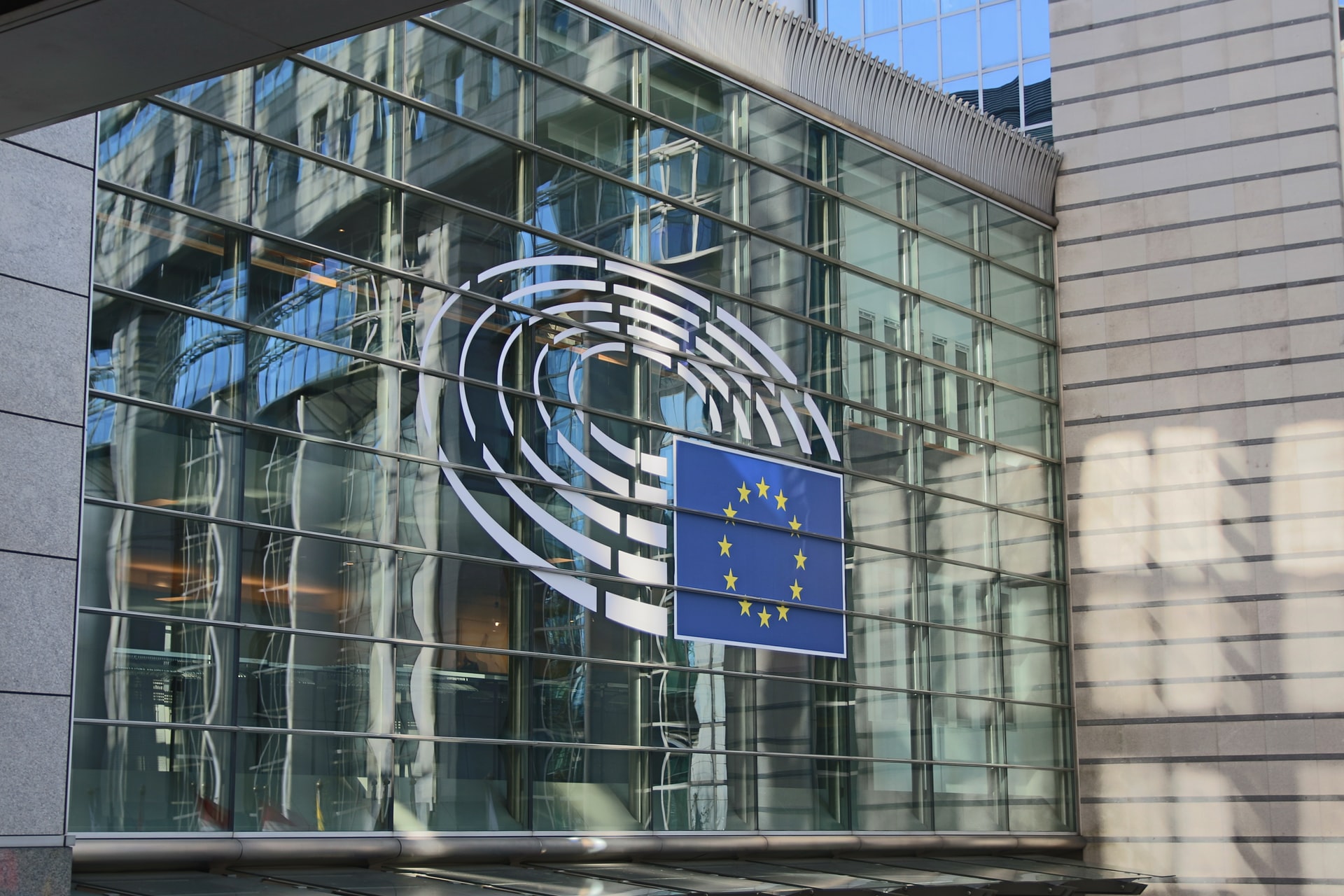Europeans Face the World Divided

Many inquiry public impact and commitments to partners, yet share craving for more noteworthy EU job in worldwide undertakings
Directly following delayed monetary stagnation, an enormous flood of exiles, psychological oppressor assaults and an essential test presented by Russia, numerous Europeans are fatigued – and maybe watchful – of unfamiliar ensnarements, as indicated by another Pew Research Center review. Perspectives on their particular nations’ spot on the planet differ broadly, yet scarcely any consider the previous ten years to be a period of developing public significance. Also across the mainland publics are isolated: Many blessing searching internally to zero in on homegrown issues, while others question whether responsibilities to partners should outweigh public interests.
However Europeans have not totally walked out on the world. Although profoundly incredulous of how the European Union has dealt with the displaced person emergency, the economy and Russia, they recognize the Brussels-based foundation’s rising global conspicuousness and need it to play a more dynamic job in world undertakings. Inclusion in the worldwide economy is additionally broadly upheld and Europeans by and large feel a commitment to help non-industrial countries.
In seven of 10 EU countries, half or a greater amount of people in general accept that their nation should manage its own concerns and allow different countries to battle for themselves admirably well. In five nations, generally half or more accept that in international strategy their administration ought to follow its own public advantages, in any event, when its partners firmly conflict. Remarkably, the people who accept their administration should initially zero in on public issues are undeniably bound to incline toward seeking after public interests no matter what the assessment of the country’s global accomplices.
Winding down global certainty distresses various European social orders. Just the Germans and the Poles accept their nations assume a more significant part as a world chief today contrasted with 10 years prior. Also majorities of Greeks, Italians, Spanish and French say their nations are less conspicuous today, not more.
Simultaneously, Europeans are very certain that they need the EU to assume a more dynamic global part later on. A middle of 74% across the 10 nations studied in Europe support Brussels being all the more around the world locked in. Eminently, in Greece, Italy, Spain and France larger parts or majorities accept their countries have lost worldwide impact, and in every one of these countries more than 3/4 blessing the EU assumes greater liability all over the planet.
These are among the vital discoveries from another overview by Pew Research Center, conducted in 10 EU countries and the United States among 11,494 respondents from April 4 to May 12, 2016. The EU piece of this study covers nations that record for 80% of the part countries’ joined populace and 82% of the EU-28 GDP.
Perspectives on worldwide commitment partition along philosophical and partisan divisions in a significant number of the overviewed publics. In many nations individuals on the right of the political range are considerably more logical than those on the left to say their country should zero in on homegrown issues, not help other people. Furthermore in six of the 10 nations surveyed individuals on the right are almost certain than those on the left to accept that their administration should seek after public interests in international strategy regardless of whether partners emphatically conflict.